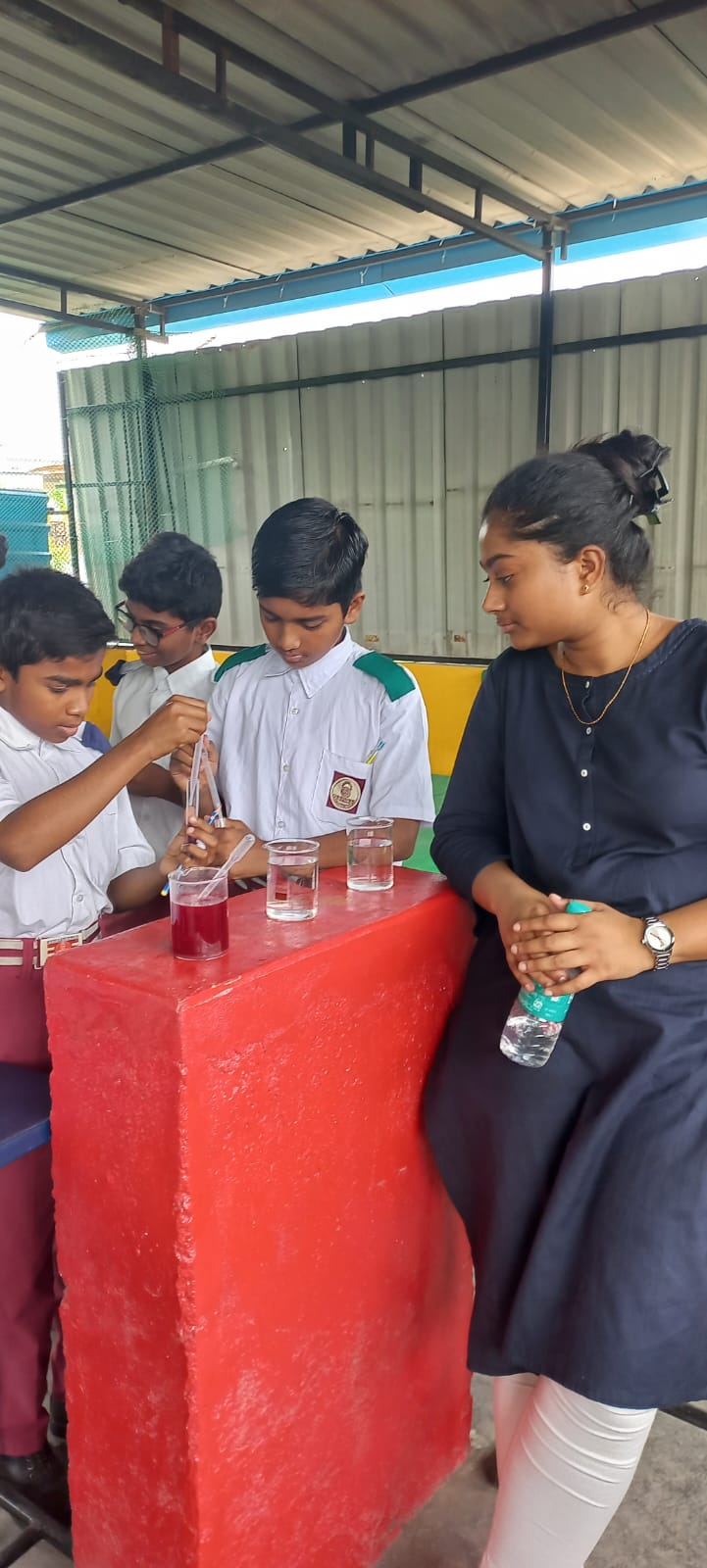
My first summer in college, I wasn’t just lucky enough to go home, but I was lucky enough to go home and give back to my community. Through the Wellesley Career Education Grants Program, I received the Susan Rappaport Knafel ’52 Internship Fund. I used the fund to take the Science, Technology, Engineering and Math Kit (STEMKit) to India.
Developed in 2015, under the guidance of Senior Research Scientist Wendy Robeson, Ed.D., at the Wellesley Centers for Women, STEMKit is an affordable lab-in-a-box that aims to take hands-on science (biology, chemistry, physics, and environmental science) experimental learning to low-resourced schools and communities. Previously, STEMKit has been used in public schools in the rural outskirts of Accra, Ghana; Cairo, Egypt; a summer camp for Indigenous girls in Alaska; summer camps for 5,000 children in Nigeria; and with educational groups in Liberia.
Over two months in Hyderabad, a city in South India, I interacted with over 2,500 students in over 100 classrooms. They came from diverse backgrounds and spoke at least 10 different languages. I performed science experiments with students from 4th to 10th grade, tailored to their grade level, on topics ranging from pH to genetics and oscillatory motion to aerodynamics. Each student received their own set of materials to perform the experiments and also got to take the equipment home. At the same time, I also always made sure that every experiment had a back-up experiment in case it was not possible to perform or if we had extra time. In most cases the back-ups were helpful.
I started by reaching out to local schools that did not have proper science laboratories for their students. In fact, one of the schools I went to was the school I studied in. During the first week of the program, the students enjoyed the labs so much that we extended the program for two more weeks. Students would come back to me the next day and ask questions or tell me how they performed the experiments at their houses and show me their observations. Looking back, I wish I had this opportunity when I was in their school.
Another school I went to was a residential girls’ school run by the state government. Most of these students came from very ordinary backgrounds, and their parents might never have had access to education. Most of them had never even been to another state in India, much less had the opportunity to travel internationally. Telling them that I study at Wellesley and explaining to them the power of a Wellesley education was deeply empowering, and I wish that I had more time with them. I can only hope to go back and serve as a local role model and help uplift more lives. The questions the girls asked me about education, Wellesley, what they can do after school, and what kind of subjects they can study, as well as the conversations we had, will continue to inspire me every day.
What initially started out as a summer internship turned into something much more. I hope that the 40 minutes every student spent in my classroom will help them in one way or another, but the time I spent with all of them has taught me things I will never forget!
Shreeya Lakkapragada is a psychology and computer science major at Wellesley College graduating in 2026. Senior Research Scientist Wendy Wagner Robeson, Ed.D., worked with a group of Wellesley College students to develop STEMKit (formerly called SeedKit) in 2015.


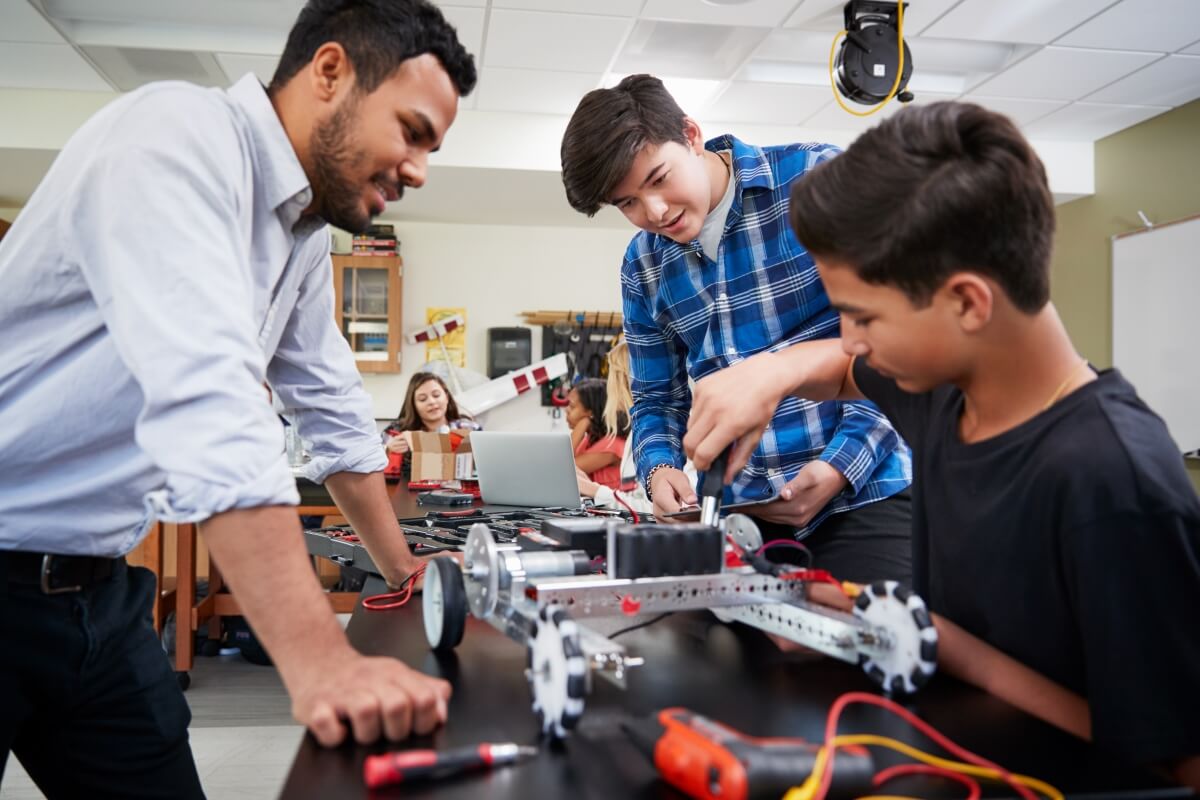

 Below is an excerpt by Betsy Nordell, Ed.D., a NIOST master observer, from the book
Below is an excerpt by Betsy Nordell, Ed.D., a NIOST master observer, from the book 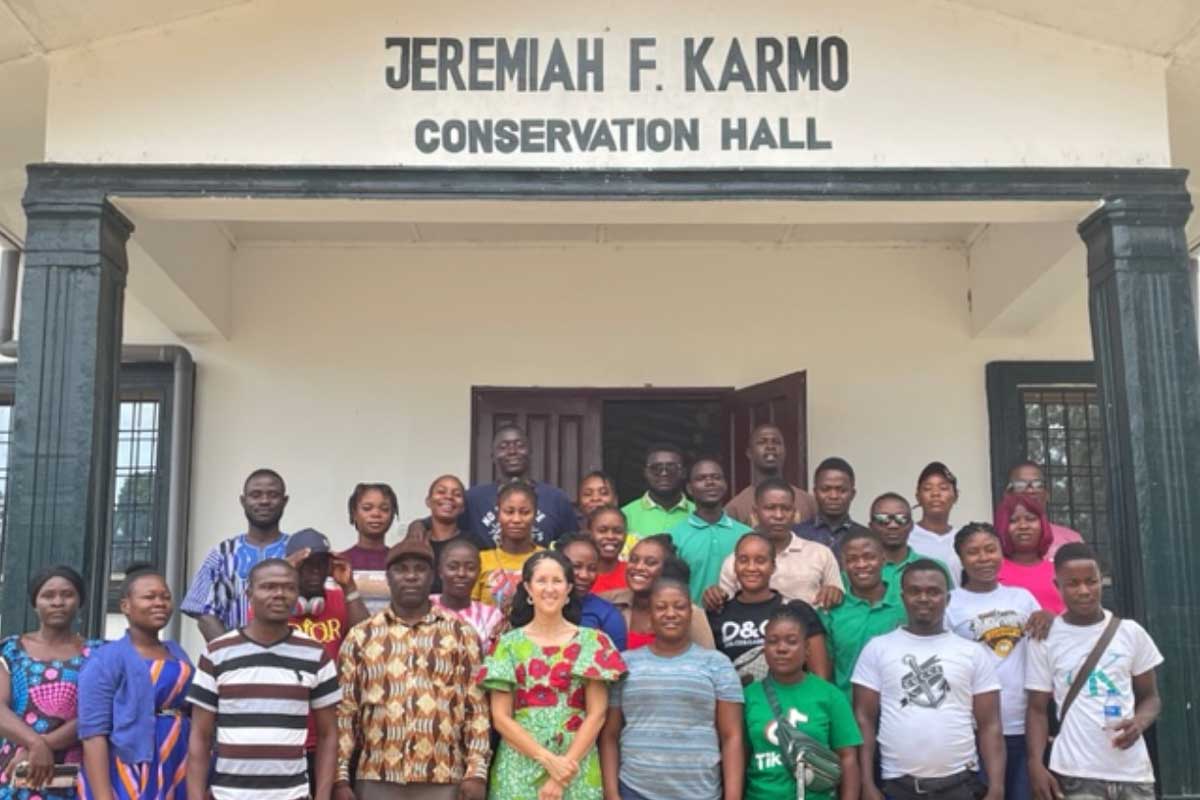


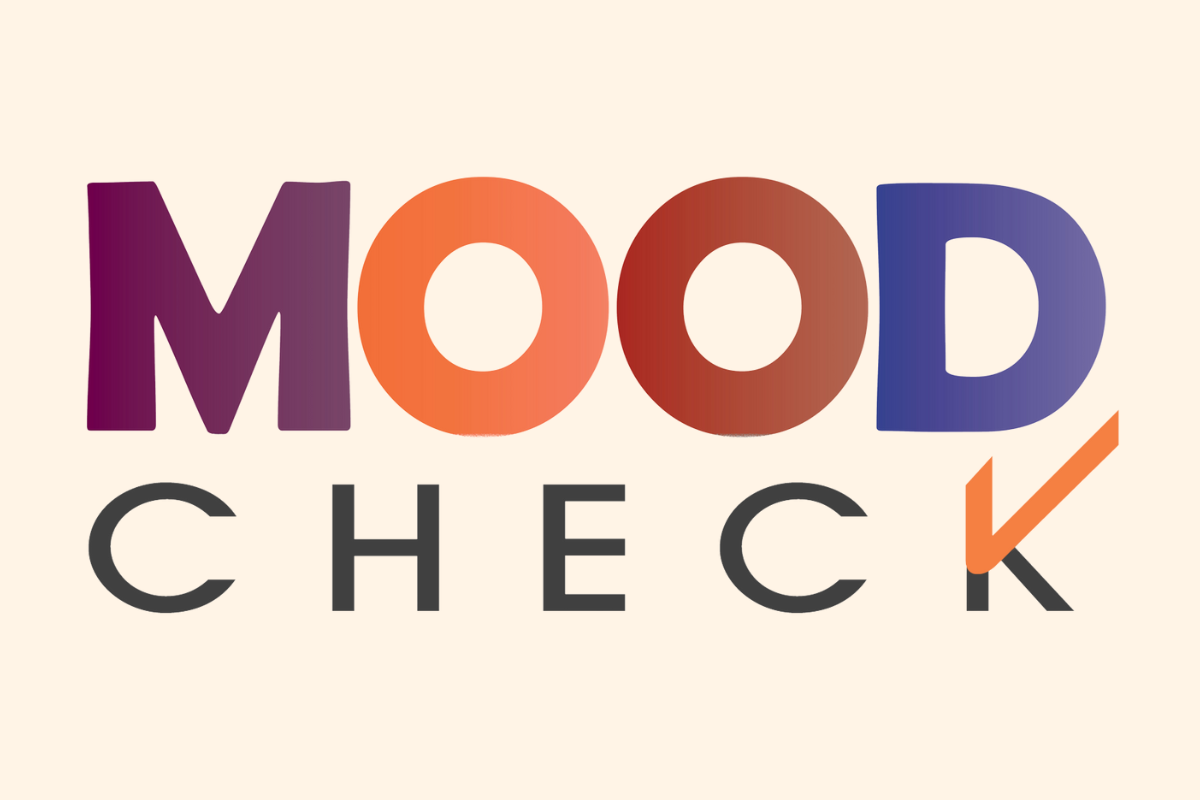
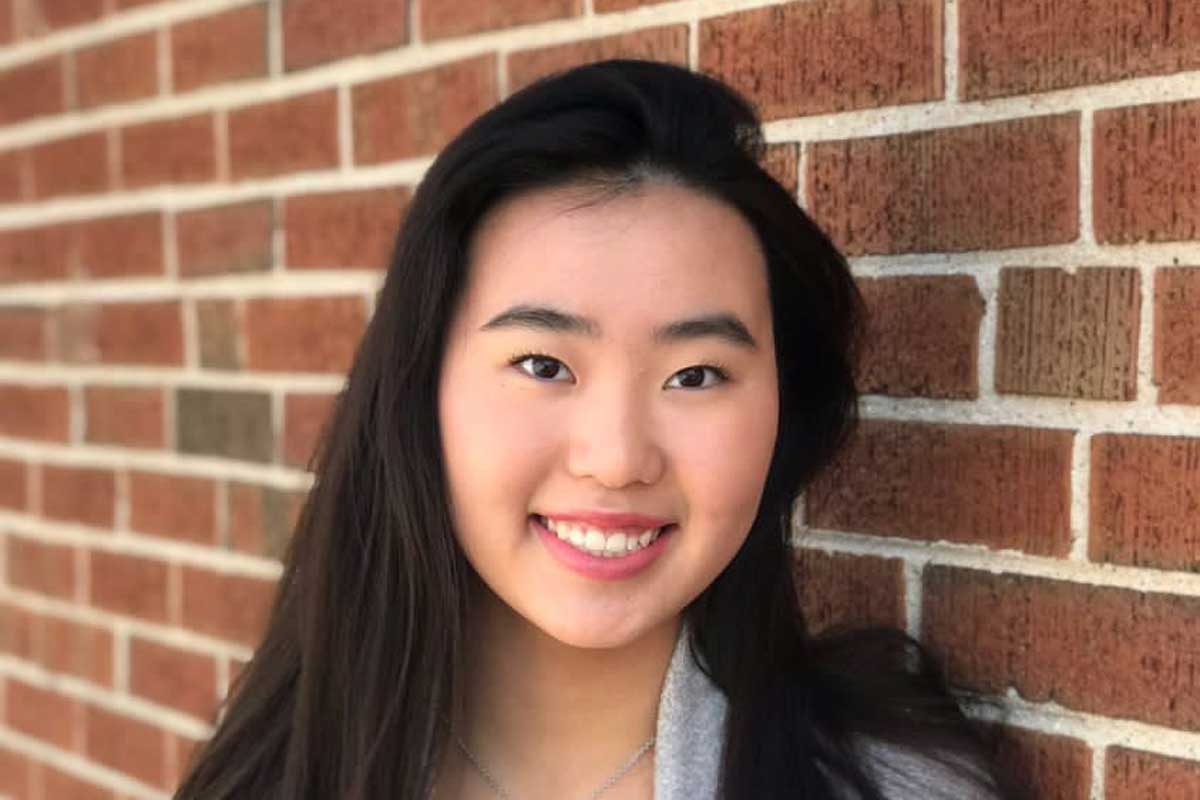

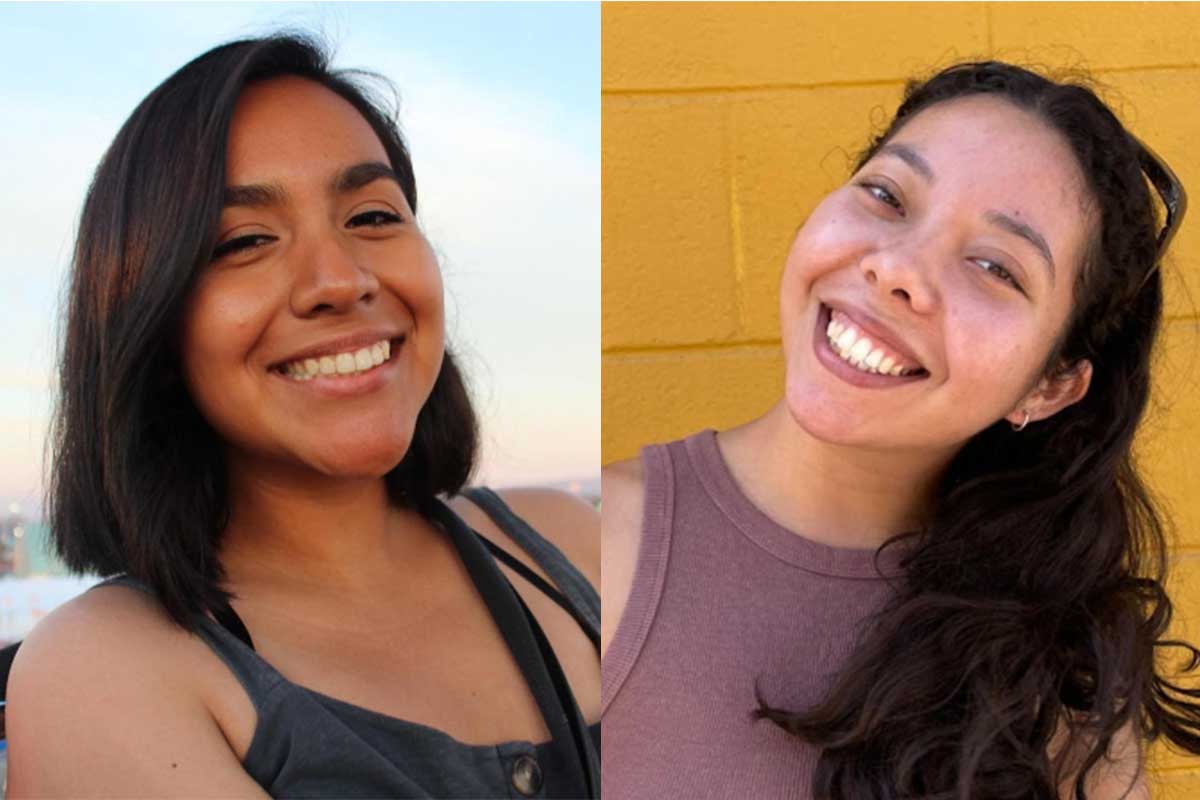
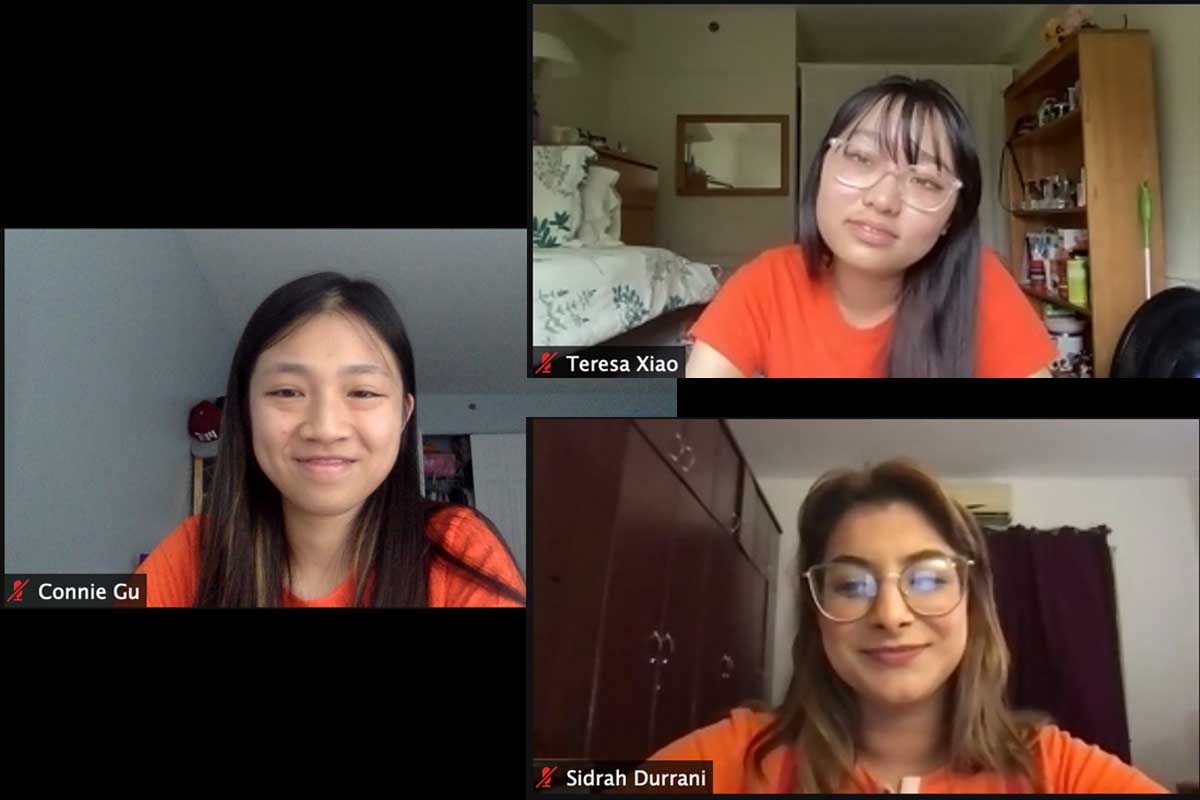



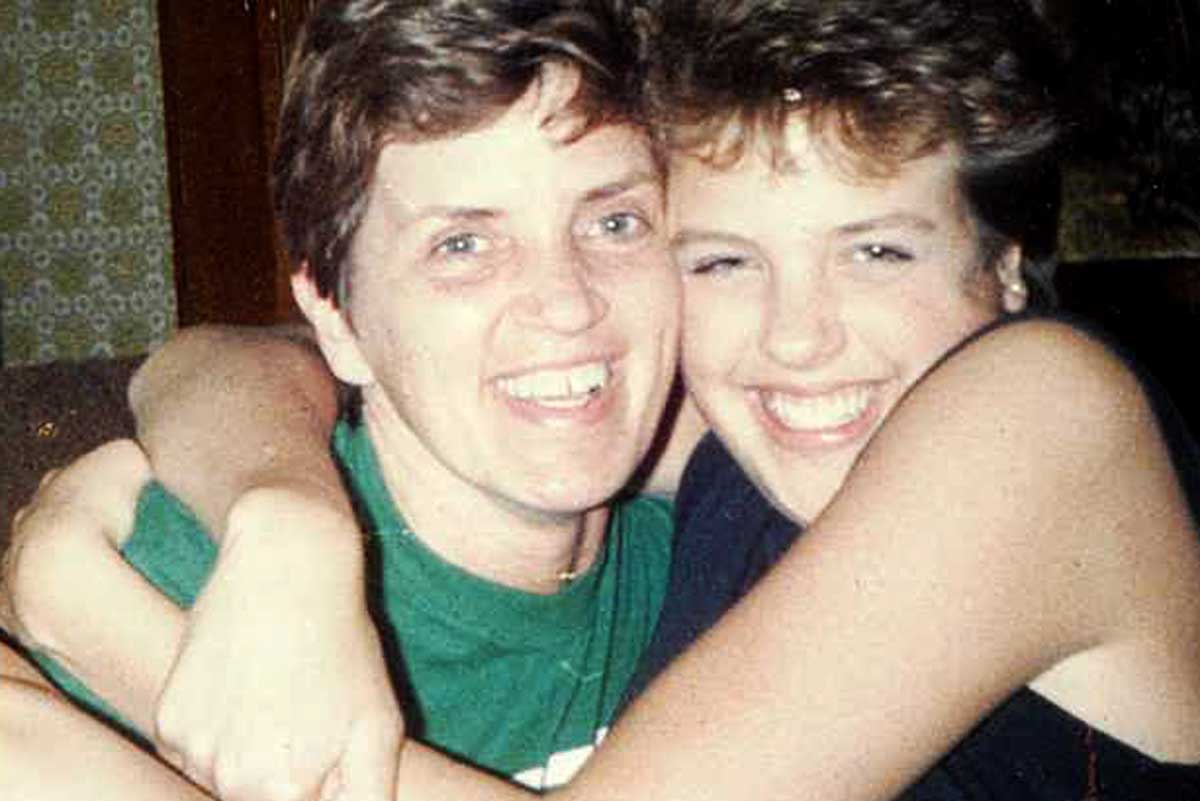
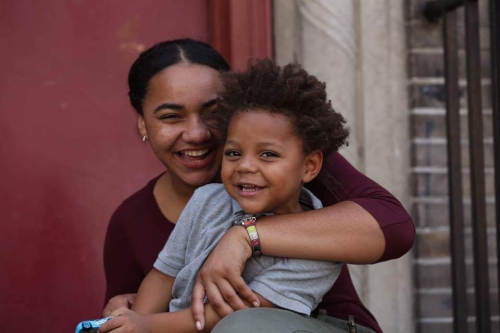 Nearly
Nearly 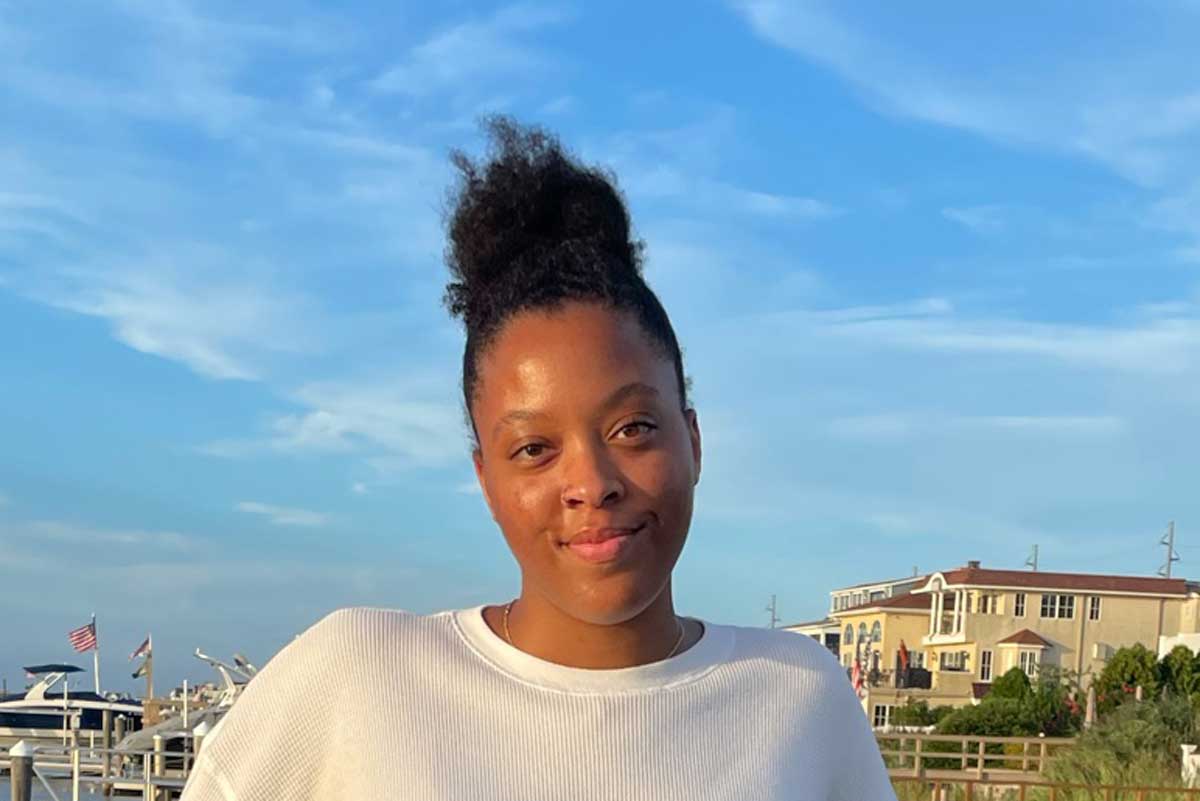

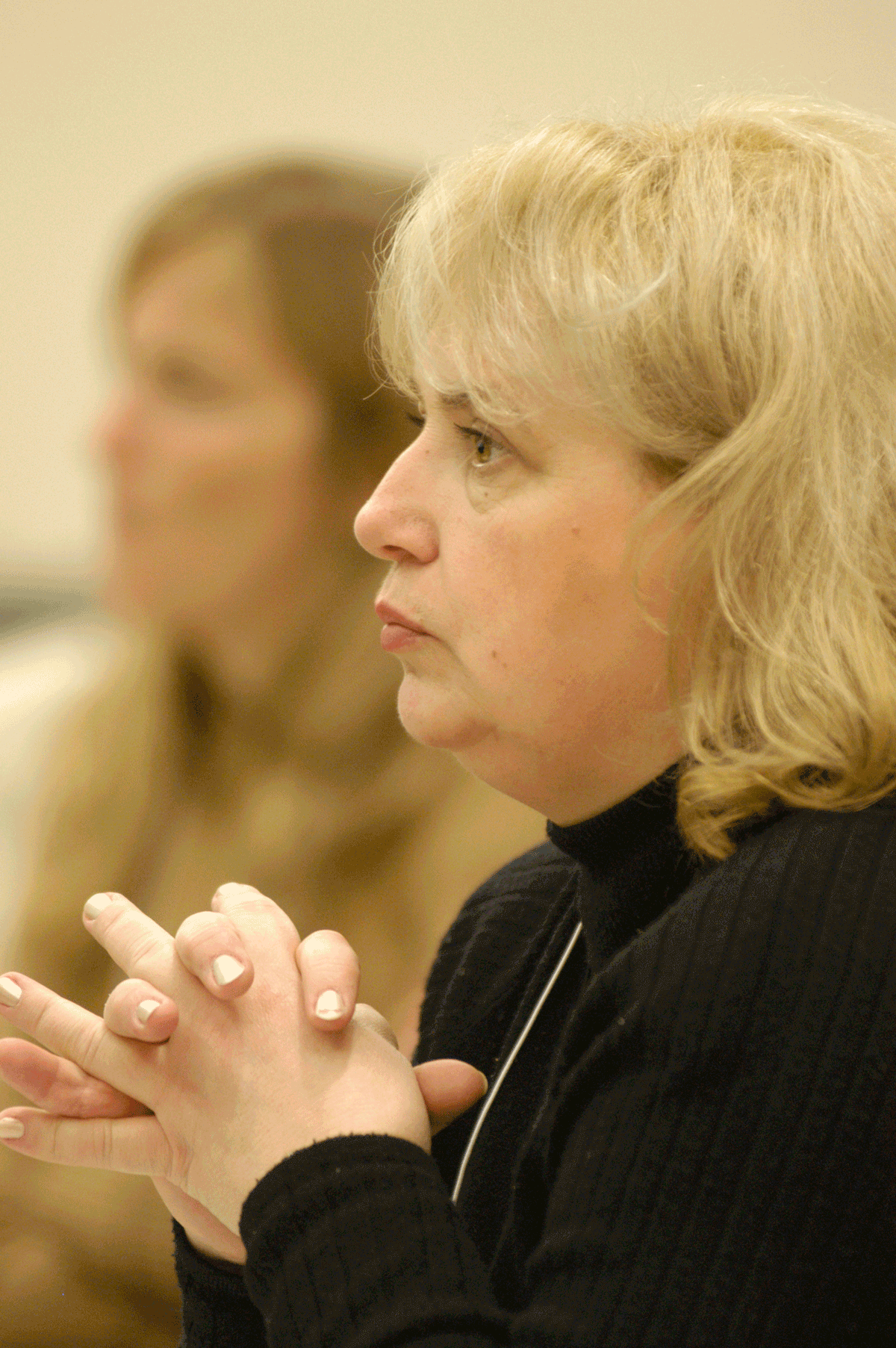

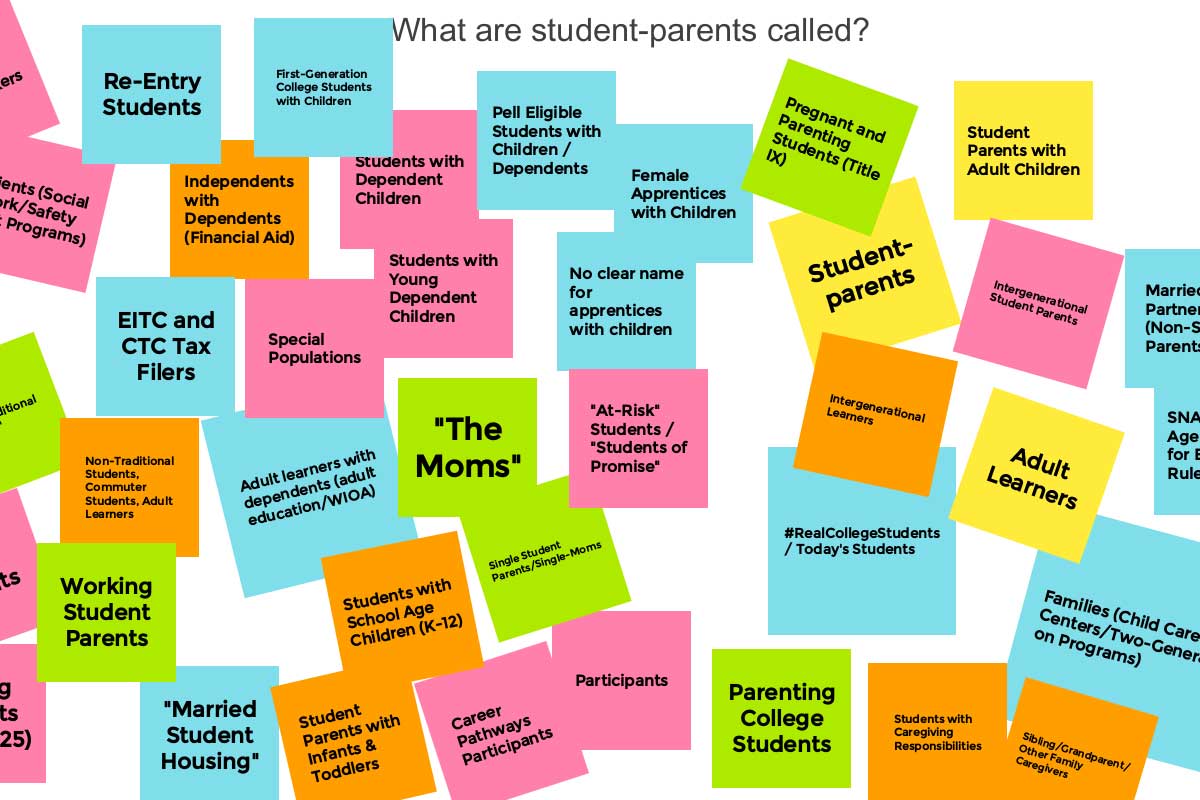
 , Ph.D., is a research scientist at the Wellesley Centers for Women studying
, Ph.D., is a research scientist at the Wellesley Centers for Women studying 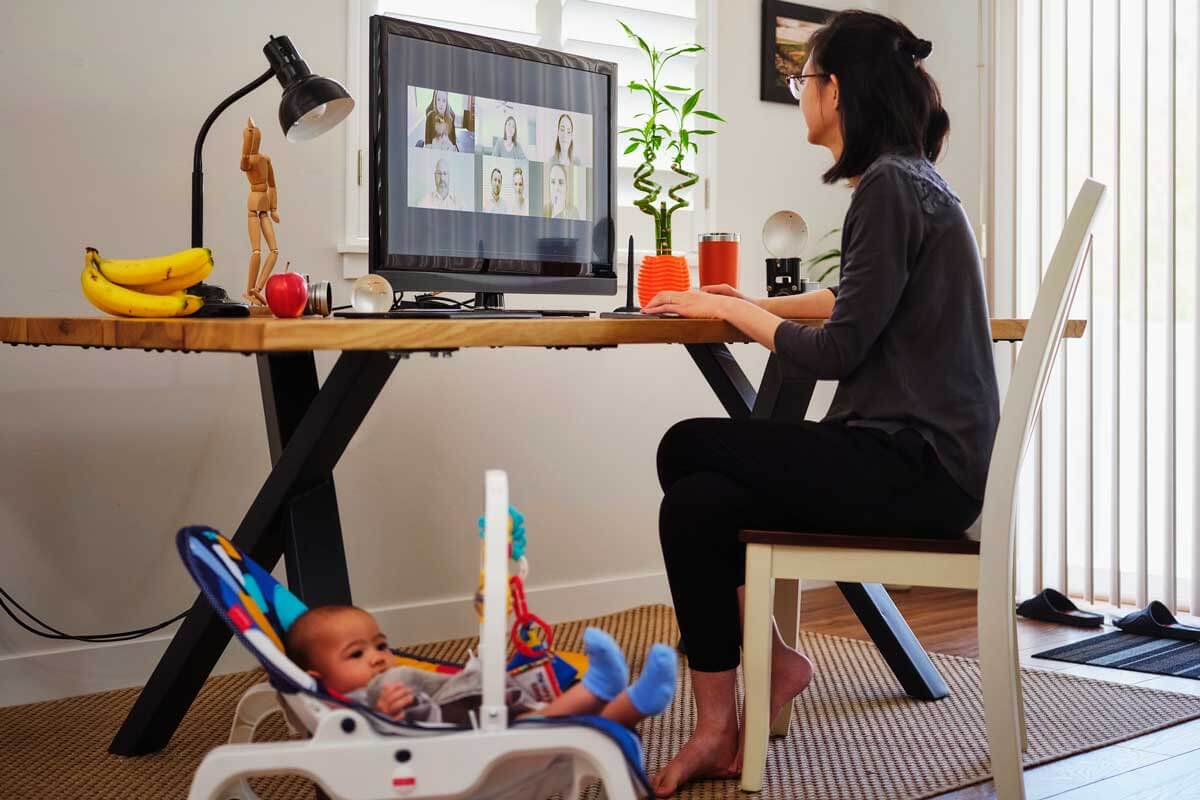

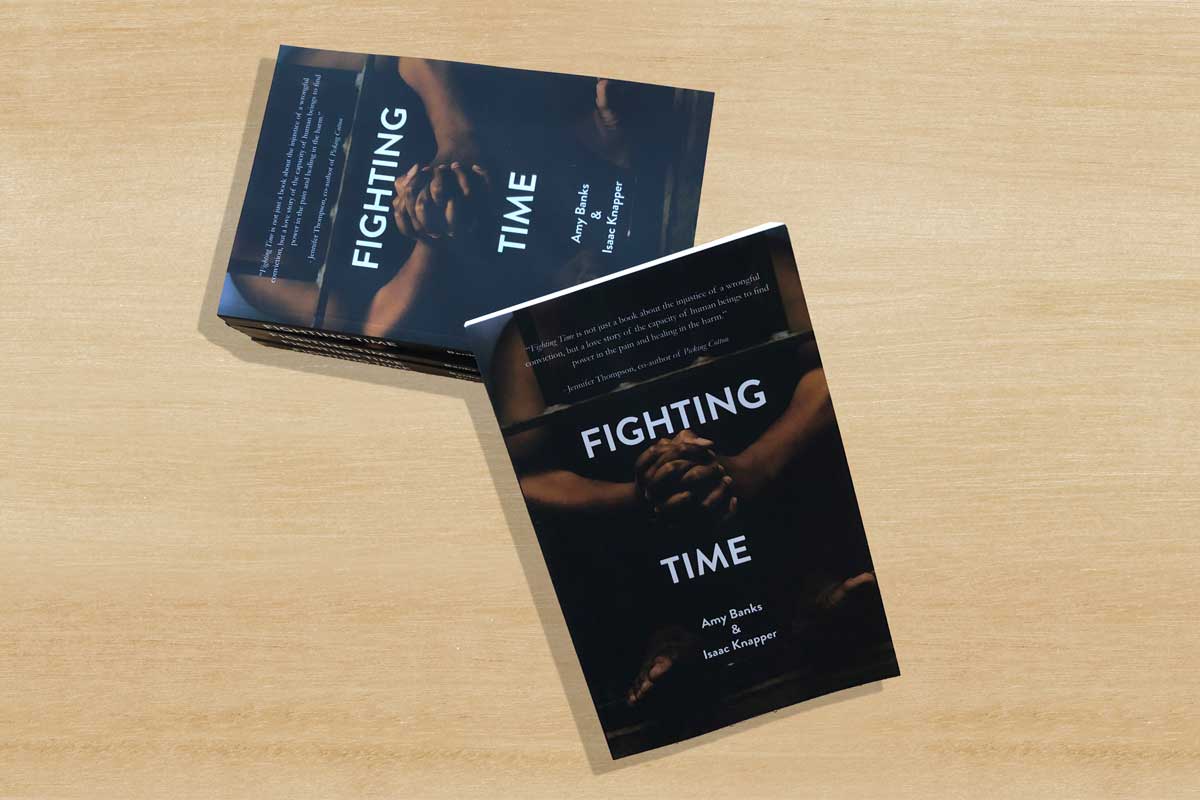

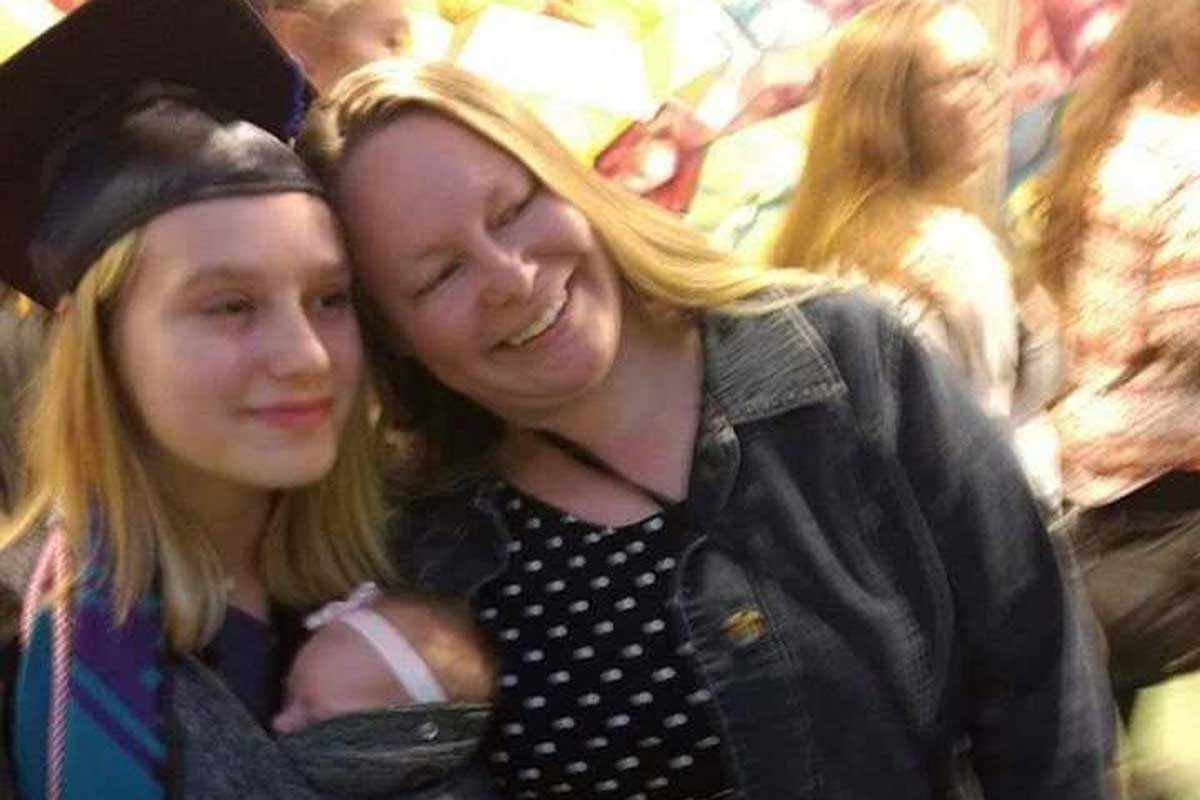
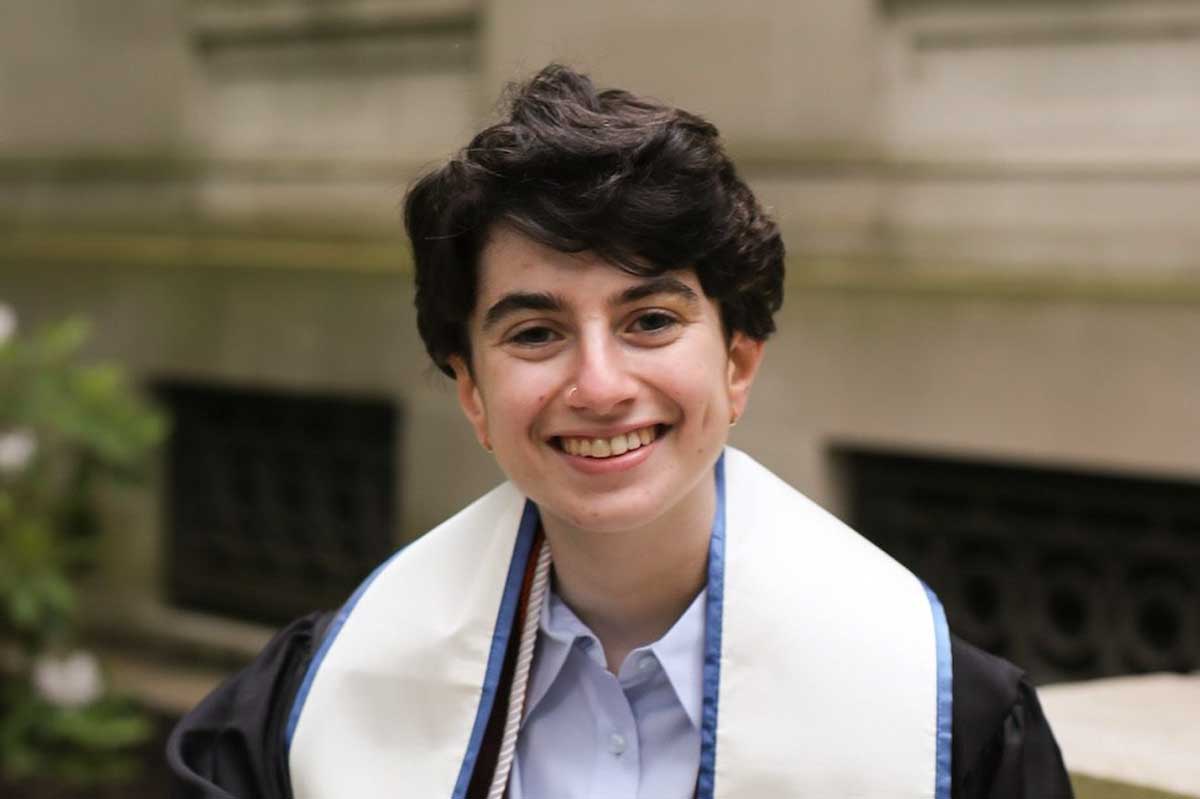
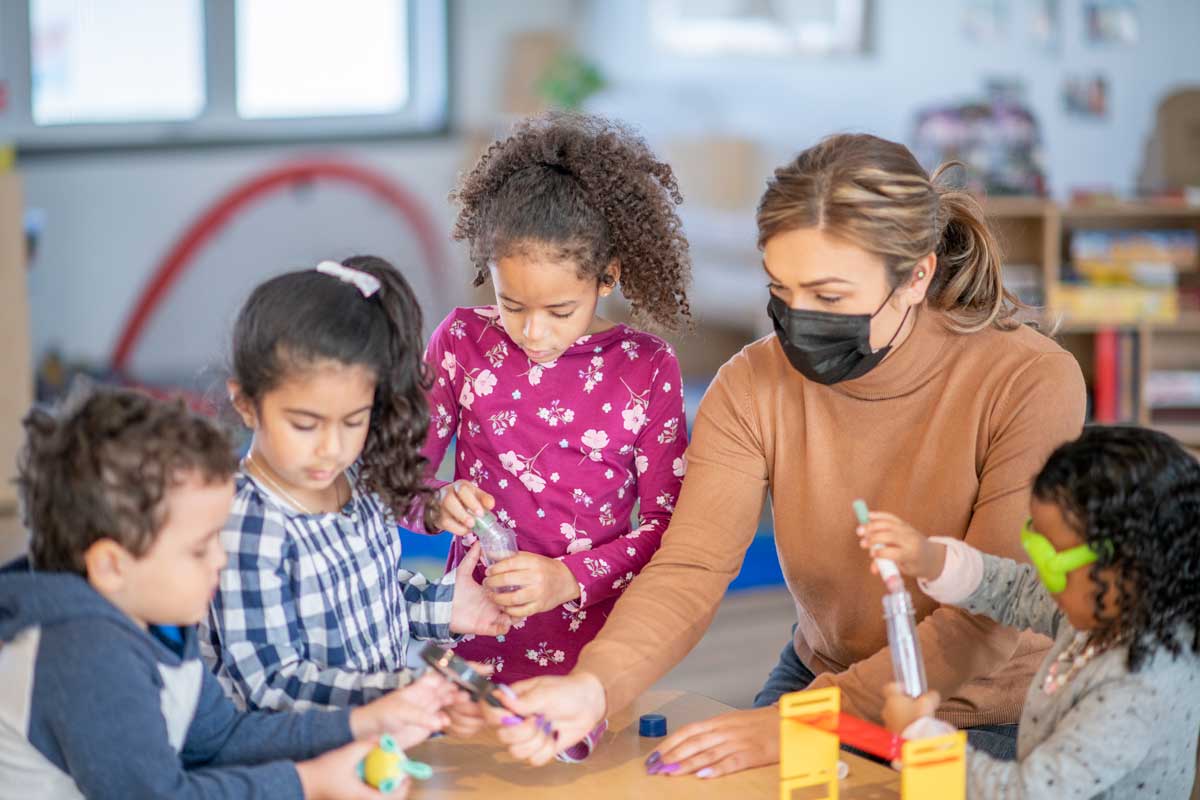
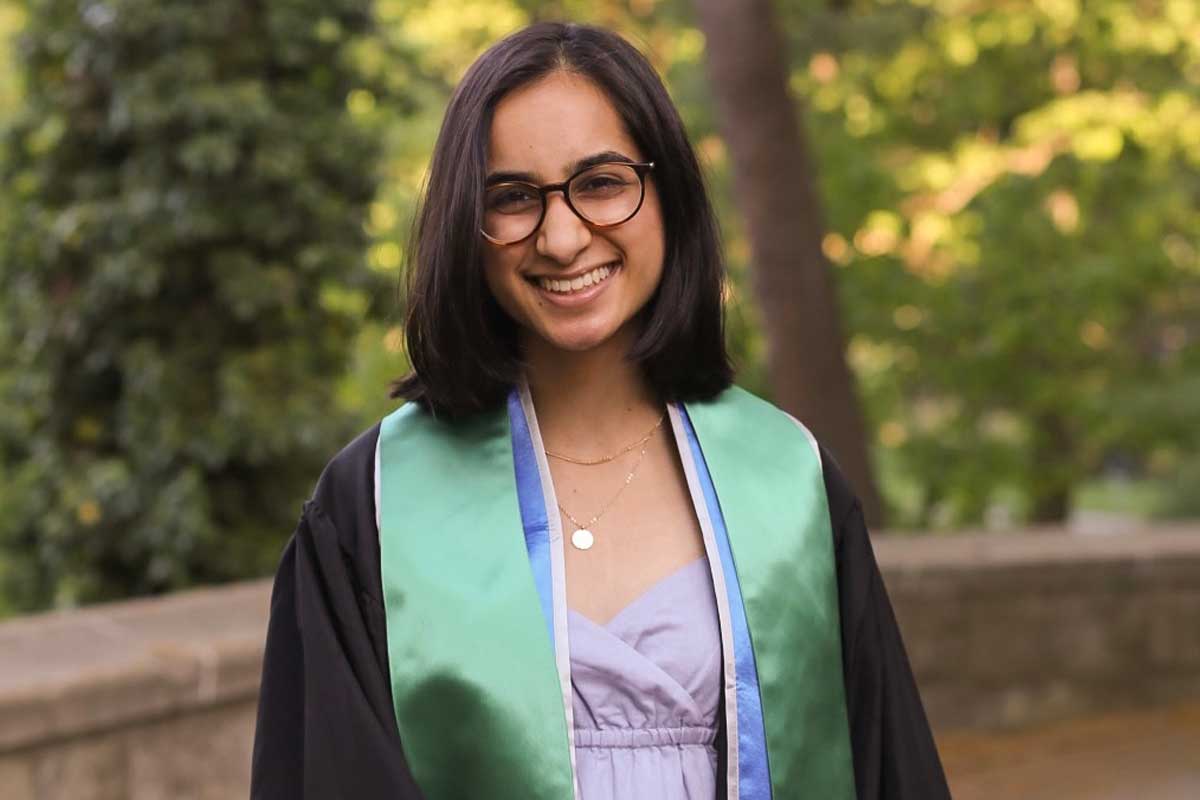
 Critical race theory has become the latest front in the culture wars. Depending on what you’ve read or what you’ve heard from politicians, you may be under the impression that critical race theory means talking about racism in any context, or that it means white people are inherently racist.
Critical race theory has become the latest front in the culture wars. Depending on what you’ve read or what you’ve heard from politicians, you may be under the impression that critical race theory means talking about racism in any context, or that it means white people are inherently racist. Senior Research Scientist
Senior Research Scientist  May is Mental Health Awareness Month. This year, it comes at a time when we have an increased focus on mental health due to the COVID-19 pandemic. Media reports have focused on the
May is Mental Health Awareness Month. This year, it comes at a time when we have an increased focus on mental health due to the COVID-19 pandemic. Media reports have focused on the 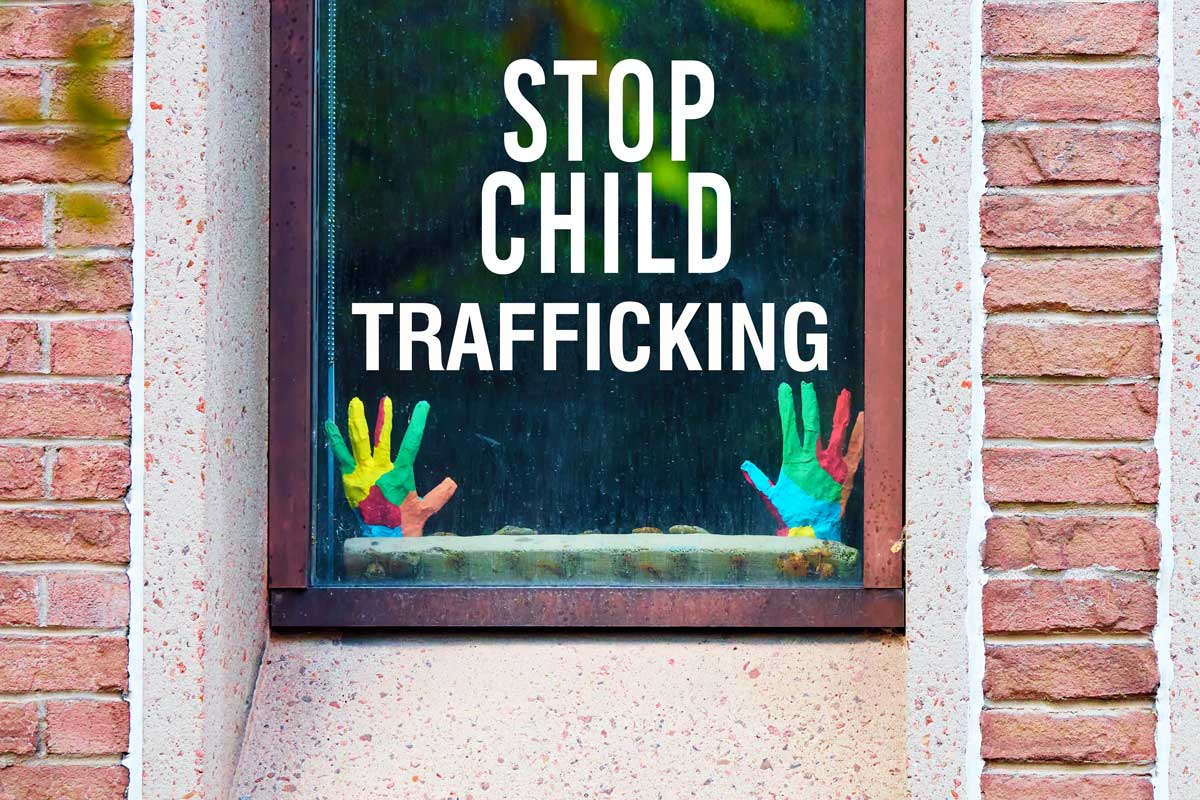 April is Sexual Assault Awareness Month and Child Abuse Prevention Month. Over the years, our work at WCW has addressed a wide range of critical issues related to these topics. One of the lesser publicly understood issues is the pressing problem of commercial sexual exploitation of children (CSEC) and teens, also known as sex trafficking.
April is Sexual Assault Awareness Month and Child Abuse Prevention Month. Over the years, our work at WCW has addressed a wide range of critical issues related to these topics. One of the lesser publicly understood issues is the pressing problem of commercial sexual exploitation of children (CSEC) and teens, also known as sex trafficking. On March 11, 2021, the House of Representatives passed a bill seeking to “create a special education scheme to support deserving students attending public tertiary institutions across Liberia. The Bill is titled “An Act to Create a Special Education Fund to Support and Sustain the Tuition Free Scheme for the University of Liberia, All Public Universities and Colleges’ Program and the Free WASSCE fess for Ninth and Twelfth Graders in Liberia, or the Weah Education Fund (WEF) for short. The bill when enacted into law, will make all public colleges and universities “tuition-free”. The passage of this bill by the Lower House has been met by mixed reactions across the country: young, old, educated, not educated, stakeholders, parents, teachers among others, have all voiced their opinions about this bill. While some are celebrating this purported huge milestone in the education sector, others are still skeptical that this bill may only increase access but not address the structural challenges within the sector. I join forces with the latter, and in this article, I discuss the quality and access concept in our education sector and why quality is important than access. I recommend urgent action to improve quality for learners in K-12.
On March 11, 2021, the House of Representatives passed a bill seeking to “create a special education scheme to support deserving students attending public tertiary institutions across Liberia. The Bill is titled “An Act to Create a Special Education Fund to Support and Sustain the Tuition Free Scheme for the University of Liberia, All Public Universities and Colleges’ Program and the Free WASSCE fess for Ninth and Twelfth Graders in Liberia, or the Weah Education Fund (WEF) for short. The bill when enacted into law, will make all public colleges and universities “tuition-free”. The passage of this bill by the Lower House has been met by mixed reactions across the country: young, old, educated, not educated, stakeholders, parents, teachers among others, have all voiced their opinions about this bill. While some are celebrating this purported huge milestone in the education sector, others are still skeptical that this bill may only increase access but not address the structural challenges within the sector. I join forces with the latter, and in this article, I discuss the quality and access concept in our education sector and why quality is important than access. I recommend urgent action to improve quality for learners in K-12.
 As a new mother, you hold your baby in your arms, wishing for the best of the best for her. You may also be facing difficult career questions upon her arrival: When should you start working again? Should you be a stay-at-home-mom? Should you get a new job with a more flexible schedule? Will you be able to get promoted when you’re back at work? If you have a daughter, will she face the same choices in the future?
As a new mother, you hold your baby in your arms, wishing for the best of the best for her. You may also be facing difficult career questions upon her arrival: When should you start working again? Should you be a stay-at-home-mom? Should you get a new job with a more flexible schedule? Will you be able to get promoted when you’re back at work? If you have a daughter, will she face the same choices in the future?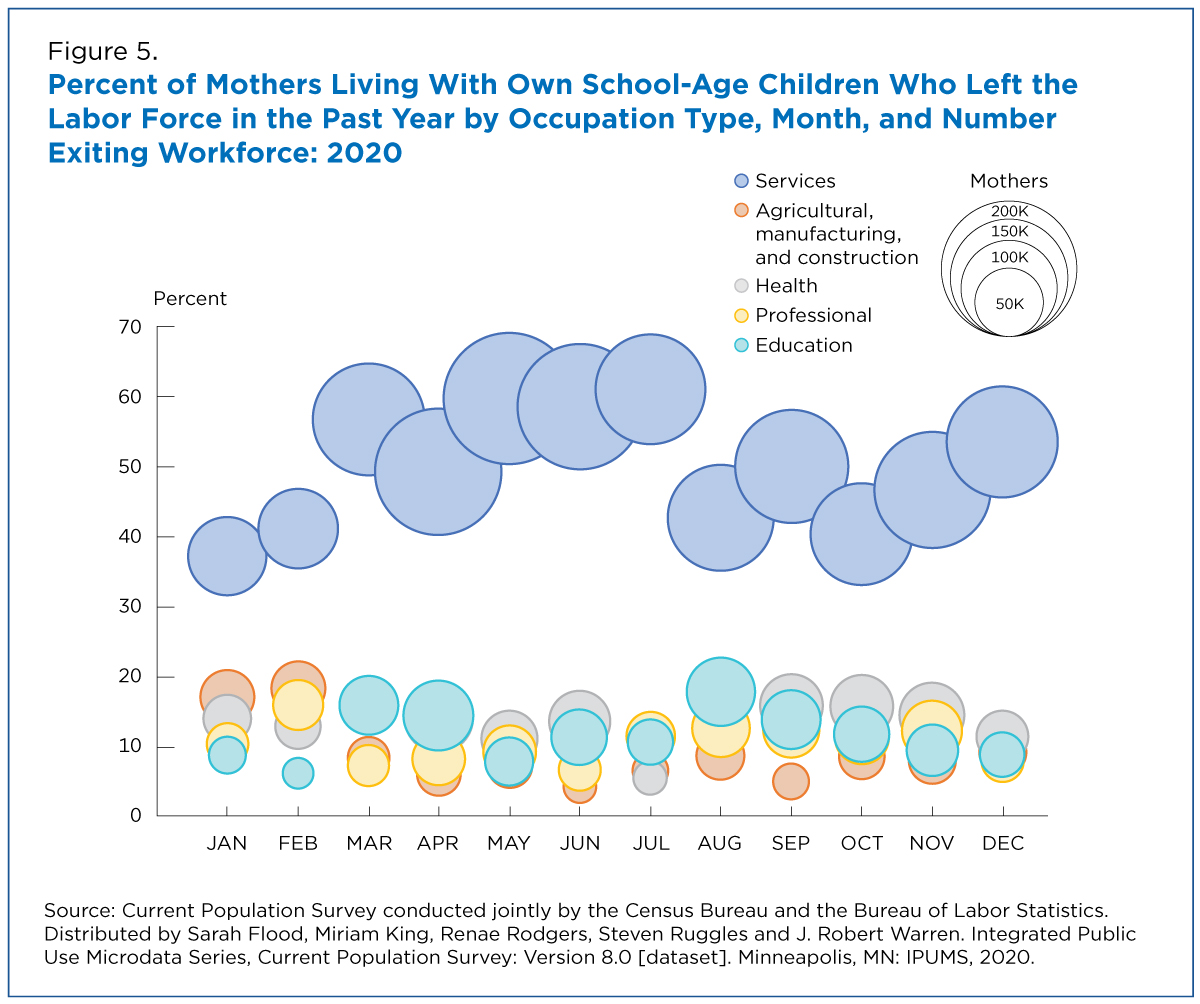
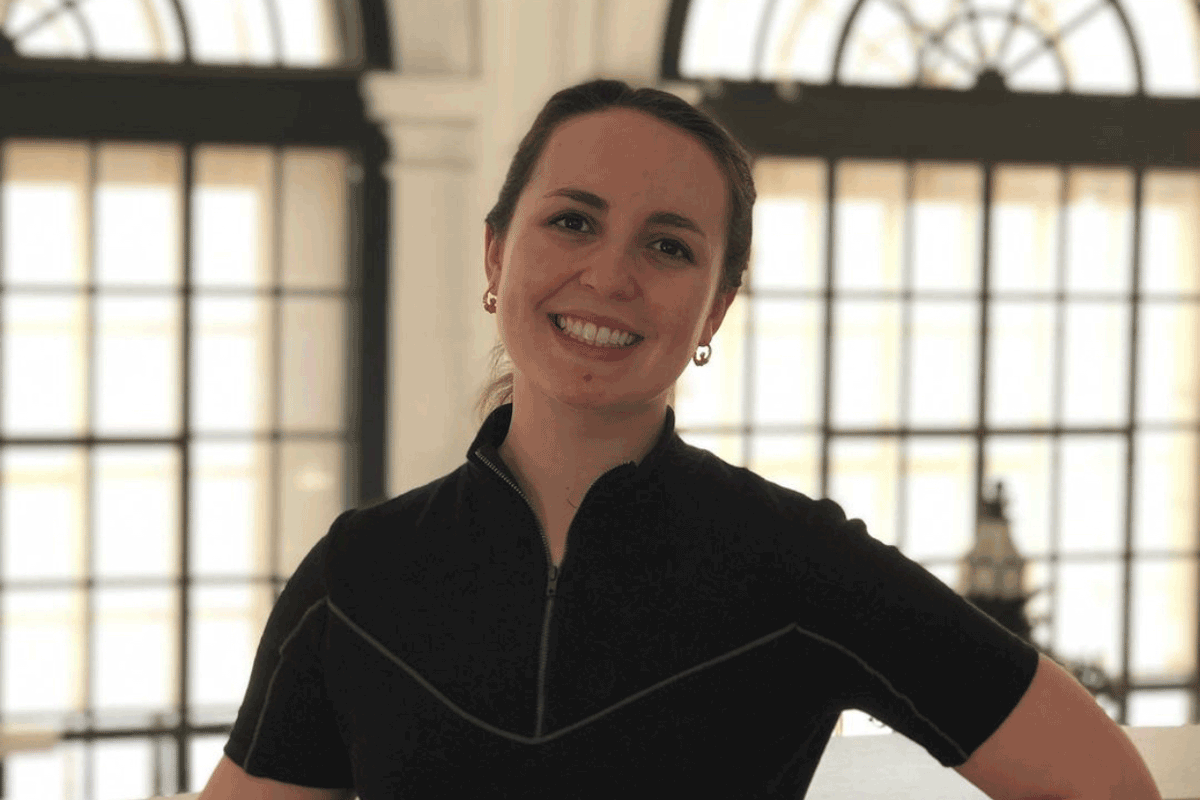 Sex education in the American public school system varies from state to state and from school district to school district. The lack of standardized sex education makes family education and conversations about sex and relationships all the more important for teenagers and their development. It is often assumed that parents are the default—that they are the only family members responsible for initiating these conversations. In my research conducted with WCW Senior Research Scientist
Sex education in the American public school system varies from state to state and from school district to school district. The lack of standardized sex education makes family education and conversations about sex and relationships all the more important for teenagers and their development. It is often assumed that parents are the default—that they are the only family members responsible for initiating these conversations. In my research conducted with WCW Senior Research Scientist 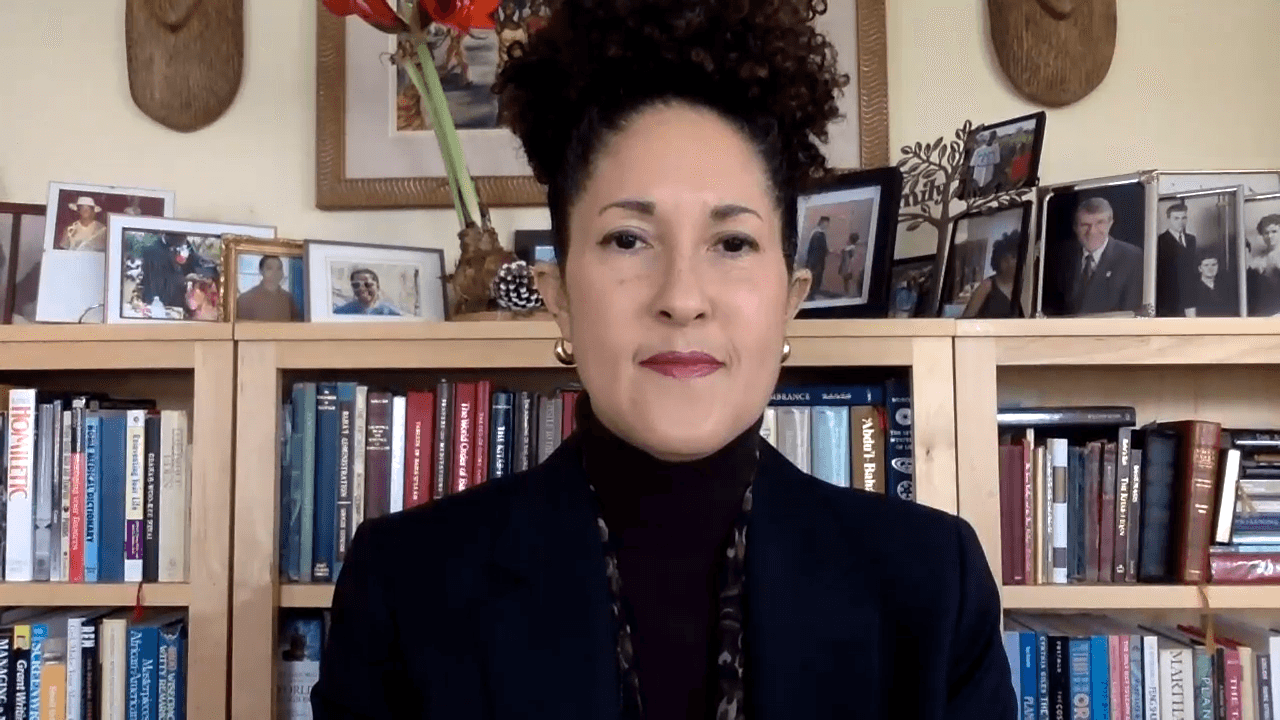
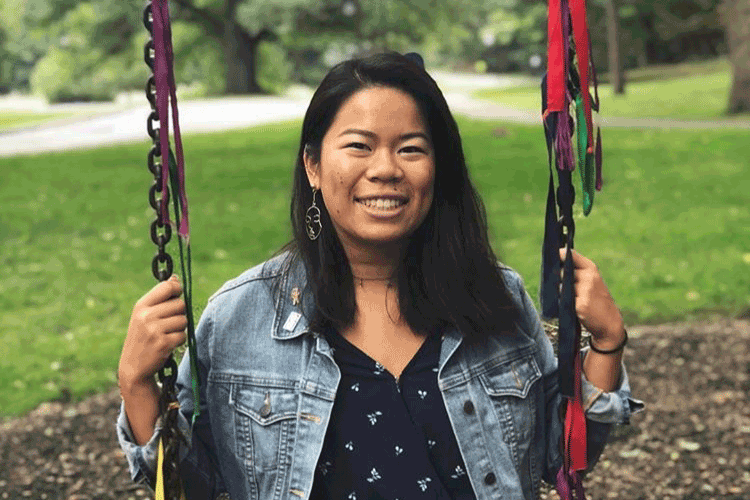 I spent the past semester working with Professor
I spent the past semester working with Professor 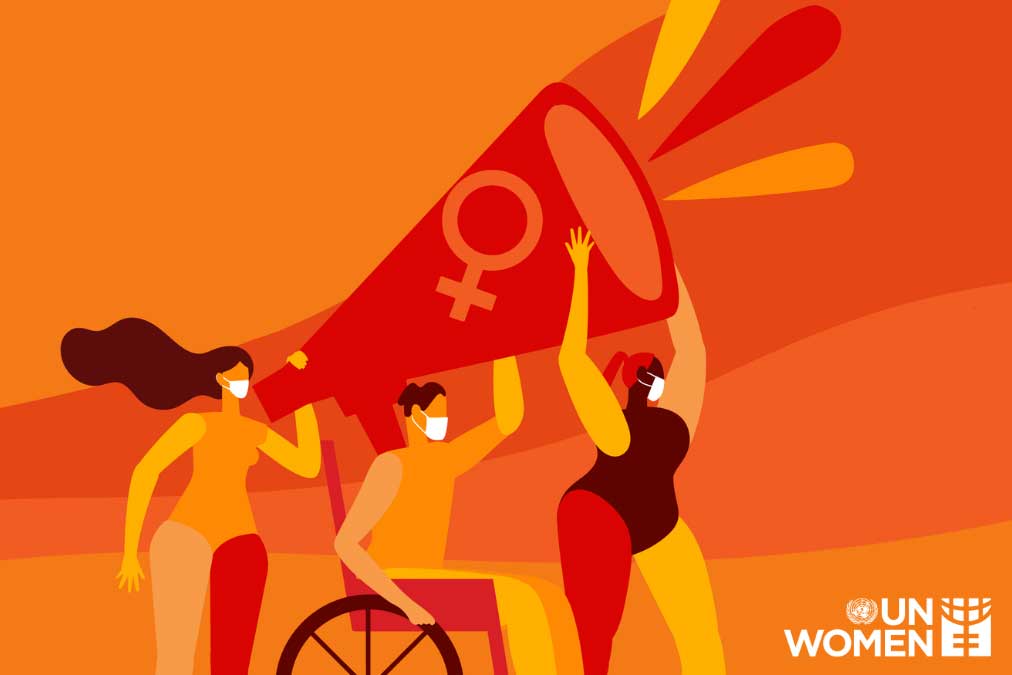 Today, the
Today, the  We at the Wellesley Centers for Women are starting our week with a sense of hope and possibility. We are proud to have a new
We at the Wellesley Centers for Women are starting our week with a sense of hope and possibility. We are proud to have a new  The pandemic has altered family life in unexpected ways.
The pandemic has altered family life in unexpected ways. 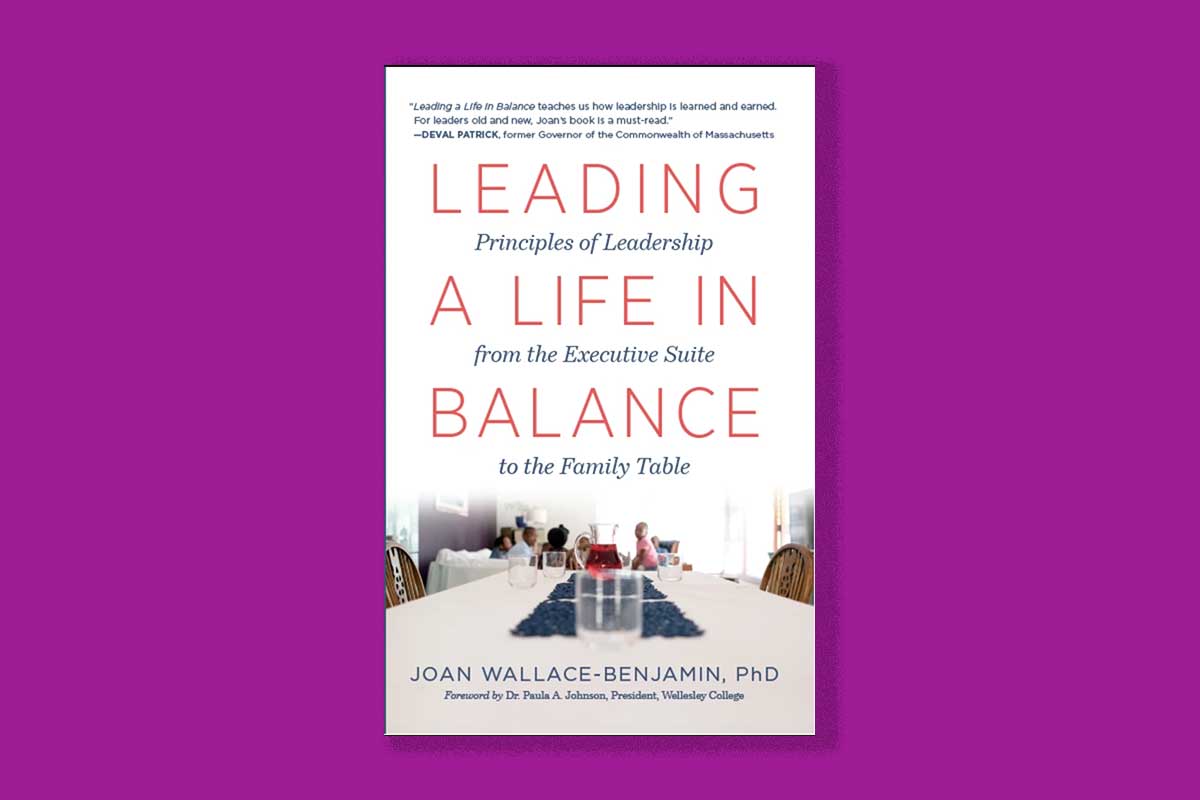 In my recently released book,
In my recently released book,  In 2018, I began a
In 2018, I began a 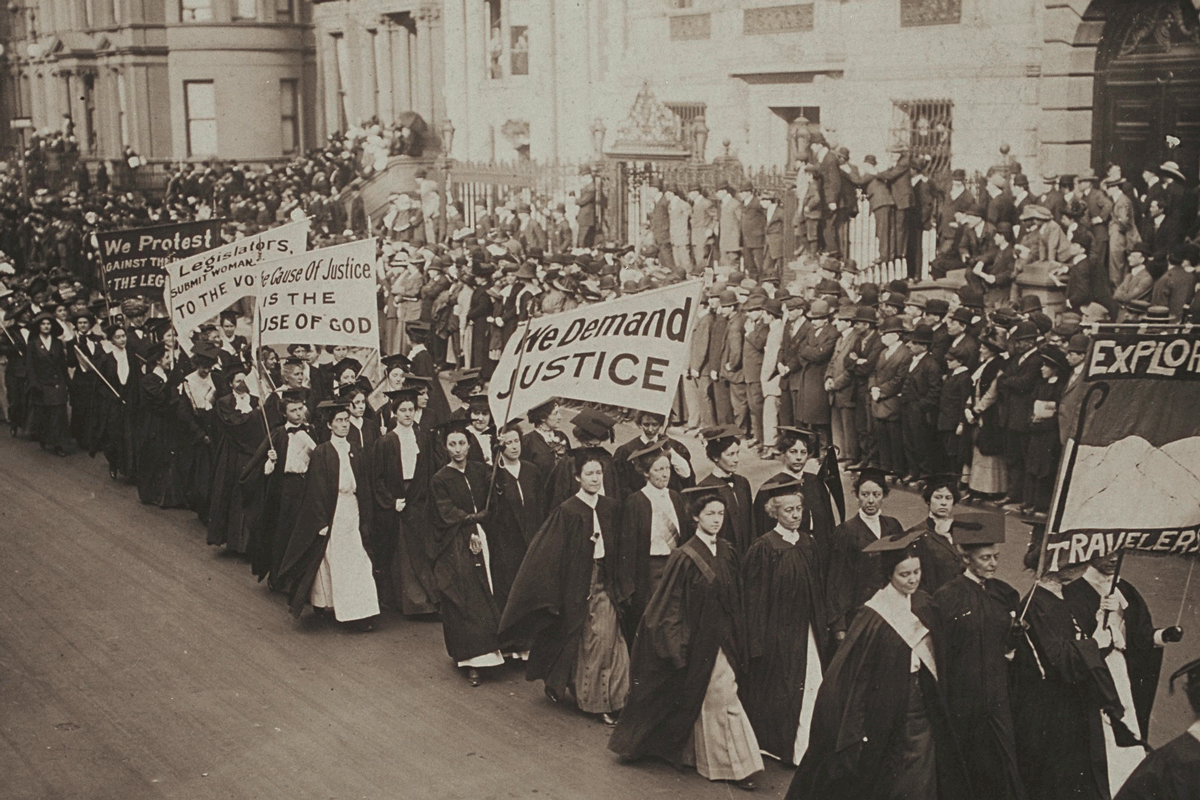
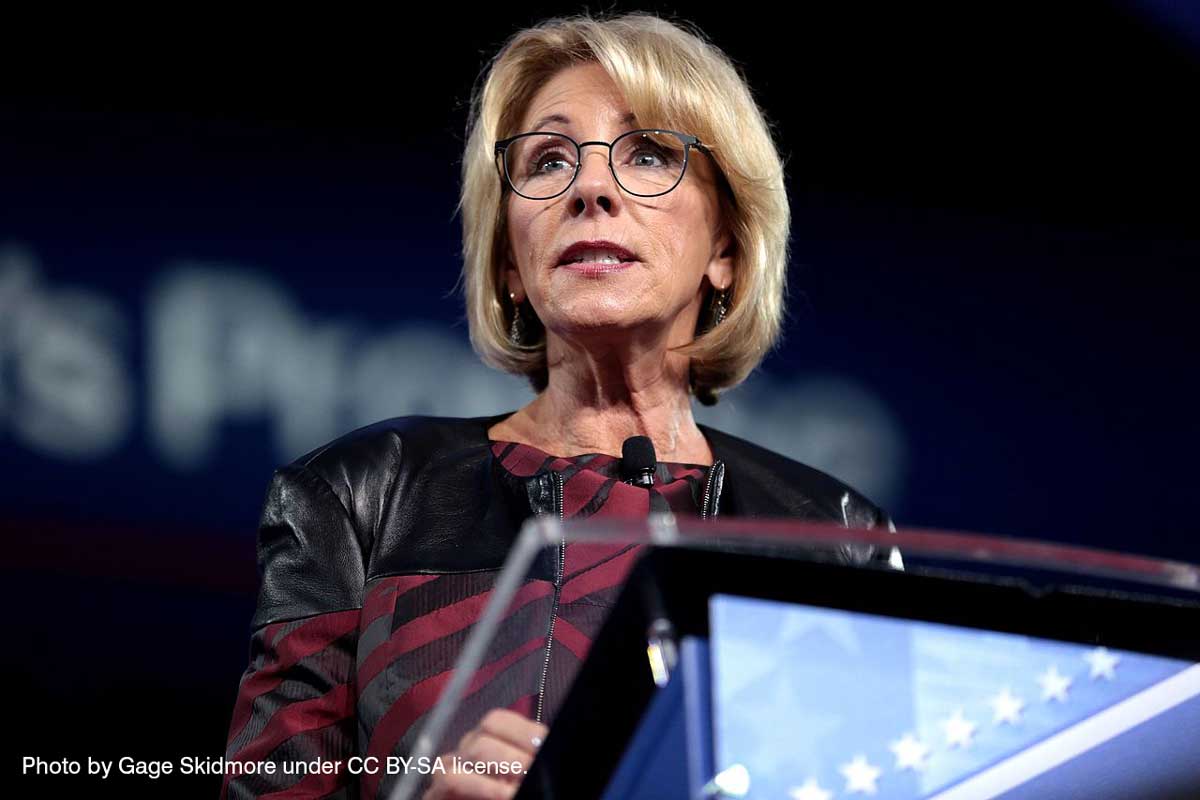
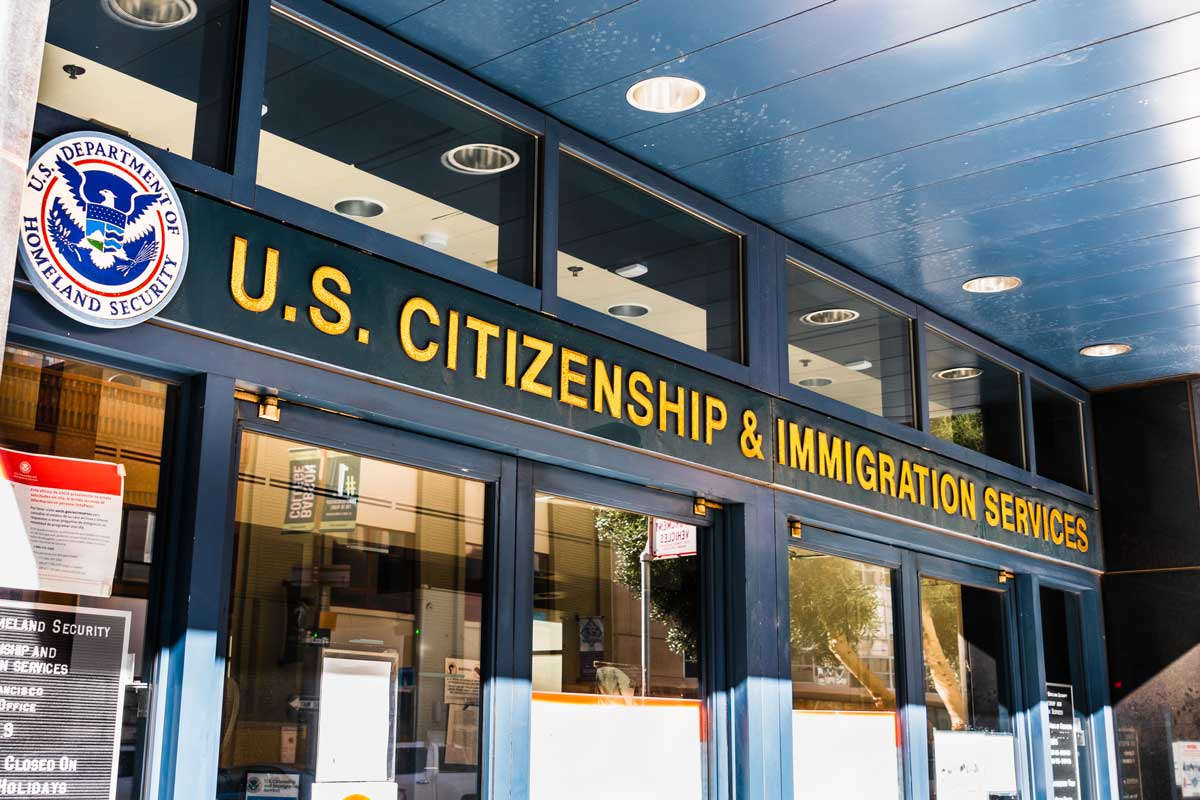
 The callous killing of
The callous killing of 